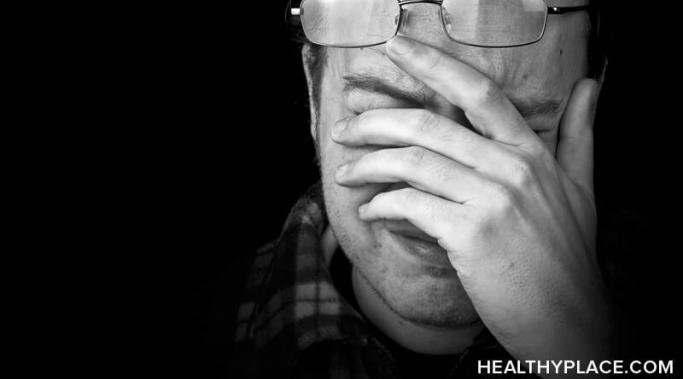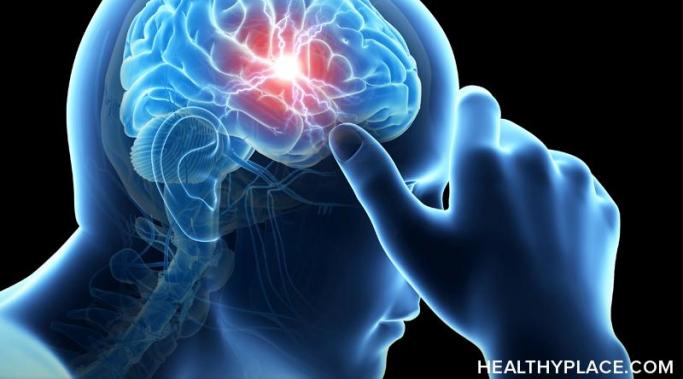As a teenager, I struggled to accept my learning disability diagnosis. I didn't want to be thought of as slower than my peers. I wanted to be seen as intelligent. In my early 20s, I felt the same way about my anxiety and depression diagnoses. I wanted to be in control of my emotions by simply getting over my depression. But now, I realize that accepting my mental illness diagnoses was crucial for improvement. Here are four ways I learned to accept my mental health conditions.
Diagnosis - Tough Times
During childhood, crying is an expected reaction to pain. Children do not know many other ways to express negative emotions. But as adults, most of us understand emotions and know how to handle them in public situations. Many adults are embarrassed to cry because they do not want to appear weak. However, crying does not deserve the bad reputation it has received. Crying can actually benefit us in many ways. To learn about three benefits of crying, continue reading this post.
November is Epilepsy Awareness Month. This is a very important topic that needs more awareness because it is more common than people realize. According to the article called “What is Epilepsy?” from the Epilepsy Foundation website, epilepsy is “the fourth most common neurological disorder and affects people of all ages.” Read this article to learn about how epilepsy is linked to mood disorders, ways those diagnosed with the condition can cope, and how you can support a loved one with epilepsy.
I grew up in a household that threw around words like "accountability" and "free agency" right along with "dinner time" and "brush your teeth". I was constantly told that I had the right to make my own decisions and my own mistakes. Because that was what God wanted; that was why I was alive -- to make my own choices, be my own person and to ultimately end up dwelling in eternal, celestial bliss.
Because that was the fine-print, the unspoken stipulations: they were the loop-holes. I could make my own elections – provided they were correct. I could be my own person -- on the condition that I was the right one. And I could live however I wanted, as long as I followed all of the rules and abandoned my individual self-confidence.
In my experience, I have found that the diagnosis of a mental disorder can be almost as difficult to deal with as the illness itself. In fact, it can be enough to throw your whole life off kilter and send you spiraling down into the blackest abyss – scrabbling at mass segments of misplaced sanity and reason. Or at least, that’s how it was for me.
Being diagnosed with anorexia as a teen -- 13 -- evoked a conflicting quantity of emotions. I was hit with a sense of surrealism, fear, confusion and even a barely formed hint of masochistic pride. Because the verdict literally happened overnight, one moment I was a young, active and apparently healthy teenage girl – and the next I was anything but. I was anorexic -- malnourished, insensible and broken. I was a pariah.




